When the summer is over, homeowners often try to save and protect their AC units by covering them. It may seem like a good idea at first, but you will soon see why you should not cover your AC unit in the winter.
Covering your AC unit can cause moisture build-up inside. Covers can obstruct airflow, and the unit may become a mold breeding ground. Rodents may find a way in and stay trapped. Most manufacturers agree that AC units should not be covered in the winter.
AC units are designed to withstand harsh weather, including snow and ice. There are better ways to keep your AC safe for the winter than covering. Let’s go over the reasons against covering your AC Unit.
What Will Happen if I Cover My AC Unit?
Numerous potential problems can occur as a result of unnecessary covering of your AC unit. Below is a list of the most frequent issues you may face.
Excess Moisture
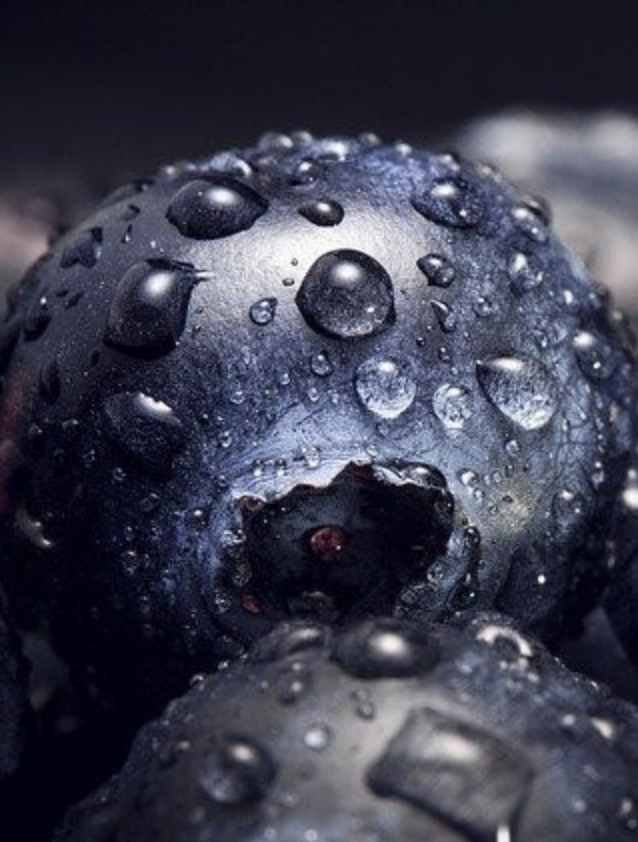
No matter how well you protect the AC unit, moisture will always find a way in. With the cover on, it will also stay in. Trapped moisture can cause corrosion, and having any liquids near all kinds of electrical components may be dangerous.
Hazardous Mold
Mold frequently occurs in wet and covered conditions. And you will not notice this problem in time, as the AC will be covered until spring. Mold can expand and find a way into the house through the AC system. Having mold inside of your home is a health hazard.
Ice Build-up
Moisture can freeze, and ice can seriously damage the unit from inside. As water freezes, it expands and puts pressure on different AC components, which may be damaged. Some homeowners think that the rain or snow will cause the same problem, but they won’t, as they eventually evaporate. Covered units keep moisture inside.
Unwelcome Rodents
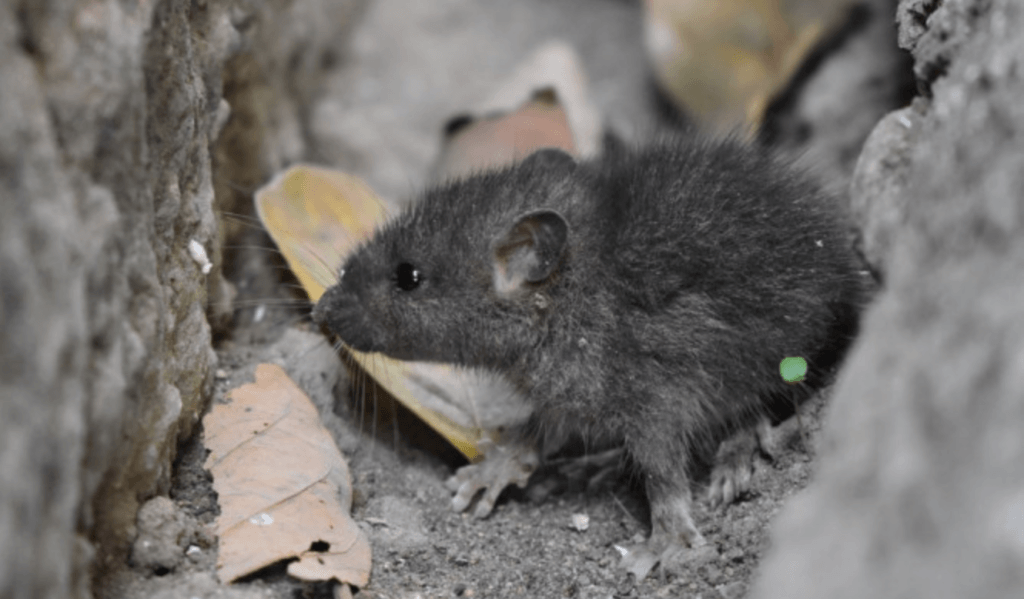
Homeowners think that covering the AC prevents rodents from entering. That is simply wrong, because rodents, and similar creatures, look for hidden and secure places in cold weather. A covered AC unit is perfect for them. Their food leftovers, feces, and bacteria may damage the unit. Even worse, a rodent may die inside. By leaving it open, you are making it an undesirable winter den for all kinds of animals.
Maintenance Cost Increase
Any negative effect that occurs after covering will result in unnecessary and potentially expensive maintenance work. By simply following the manufacturer’s instructions, this may easily be avoided.
Warranty Loss
If the manufacturer clearly stated that the unit should not be covered in any situation, any damage due to unnecessary covering can result in warranty loss for new devices.
Electrical Issues
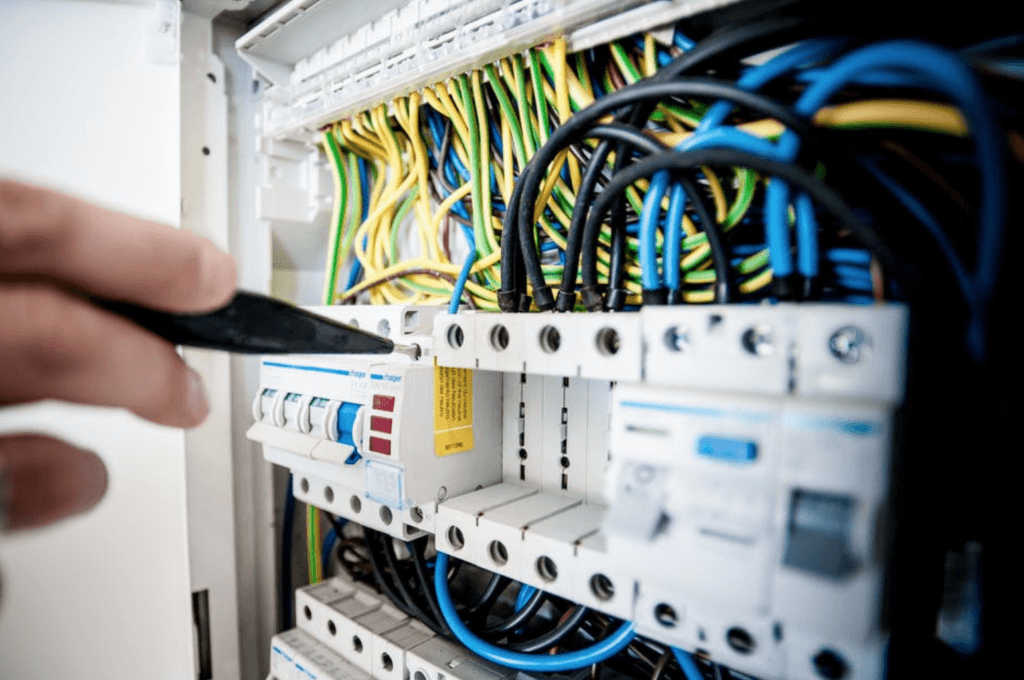
AC units that are always wet may impact other parts of the electrical system. Severe moisture problems may expand around the AC and cause dangerous and expensive wiring problems. Although this is not a typical occurrence, it may happen if the AC is located near areas that are not well built or adequately sealed.
Even during summer, in some areas, rains and winds are frequent. If the AC unit can withstand days of constant rain or winds while operating during warmer months, there is no reason to cover it in winter.
As you can see, covering your AC unit in winter is a waste of time and money. There are better ways to protect your AC unit.
How Can I Protect My AC Unit Without Covers?
If you are worried about the AC unit during winter and fall, you may regularly clean any debris and foreign objects that can somehow find a way in. In most cases, leaves present a problem, but luckily that happens during fall only. When you are cleaning your yard, you may want to clean the AC unit too.
Those who are about to install a new unit should consider placing it on the outside wall that is already somehow protected – under the balcony, roof, or any other “shield” that is a part of the house. You can also put it on the side that is less exposed to natural elements, if possible.
If you have problems with large debris and leaves, the safest option is to cover it with a mesh that will not obstruct the normal airflow.
Modern AC units consist of robust and durable components, made of materials that can survive freezing weather, snow, and rain. If covers were necessary, manufacturers would take advantage of it and sell covers with the AC units, and they would recommend covering it.
Keep the area around the unit clean. Keeping pests away from the house helps to keep them away from the AC unit too. If you have a pest problem, the best option is to call a professional before the damage is done.
Should I Ever Cover My AC Unit?
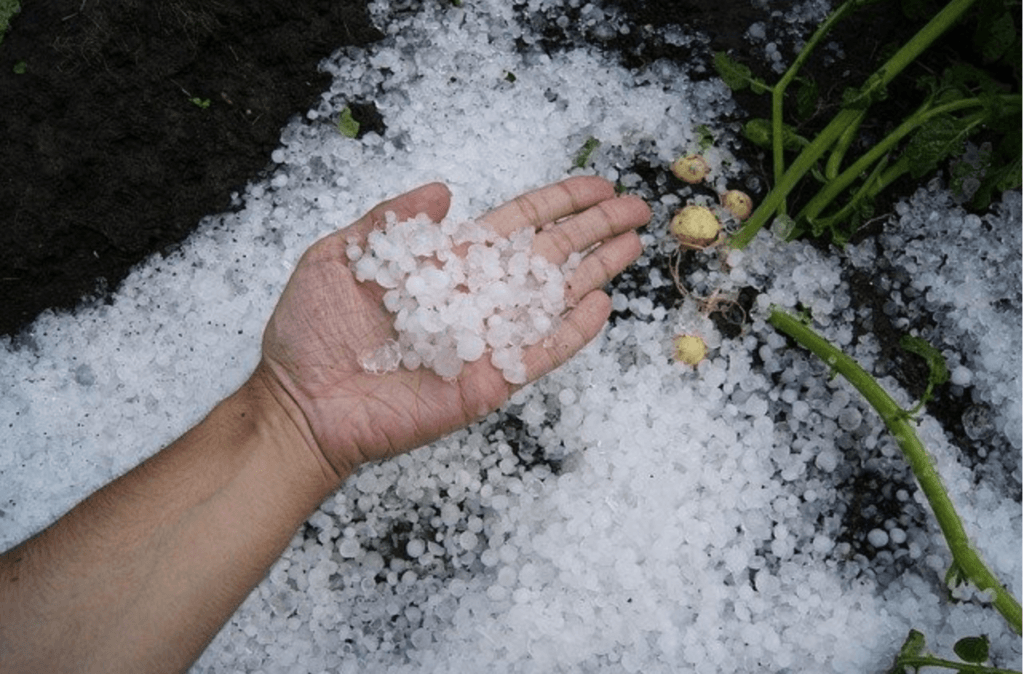
As already mentioned, covering your AC unit for an entire season has more disadvantages than benefits. However, there are some situations in which temporarily covering the AC unit may be beneficial.
Hail Storm
Consider covering the AC unit before a hail storm hits. Hail could potentially cause damage.
Construction Work
If there is construction work near the unit, you should consider protecting it from falling debris.
Leaves Blowing
If you are removing leaves in the fall, covering your AC unit will prevent dirt and leaves from entering the unit.
Severe Winds
Protecting the unit from falling branches and dirt is a good thing when you are dealing with strong winds.
In all of these cases, your AC unit should be covered before certain conditions occur, and you should remove the cover as soon as they are over. The most important part to cover is the top part, and you can simply protect it with a piece of plywood.
Leaving a cover on for a few hours should not be a problem, but you shouldn’t keep it on for more than a day or two.
What if You Have a Heat Pump? Is It Ok to Cover It?
If you are like me and have a heat pump to function as an AC unit and heater, you may also be asking yourself if it’s ok to cover it.
The answer is a big NO.
Unlike an AC unit, your heat pump will be hard at work in the winter to keep you warm. If you cover it in the cold season, the unit may not operate well as the air will not flow as designed.
Closing Thoughts
Covering the AC unit is useless in most cases, as they are constructed very strong and resilient. Regular maintenance and cleaning are far more critical for a long and reliable lifespan.
Video Summary
I have created a quick video to highlight potential problems that can occur as a result of covering your AC unit. If you like this video, consider subscribing to the House Notebook Youtube Channel.
Related Posts:

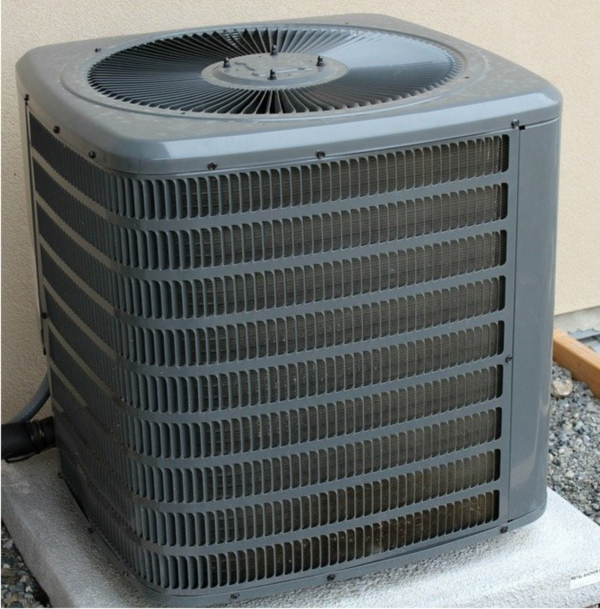
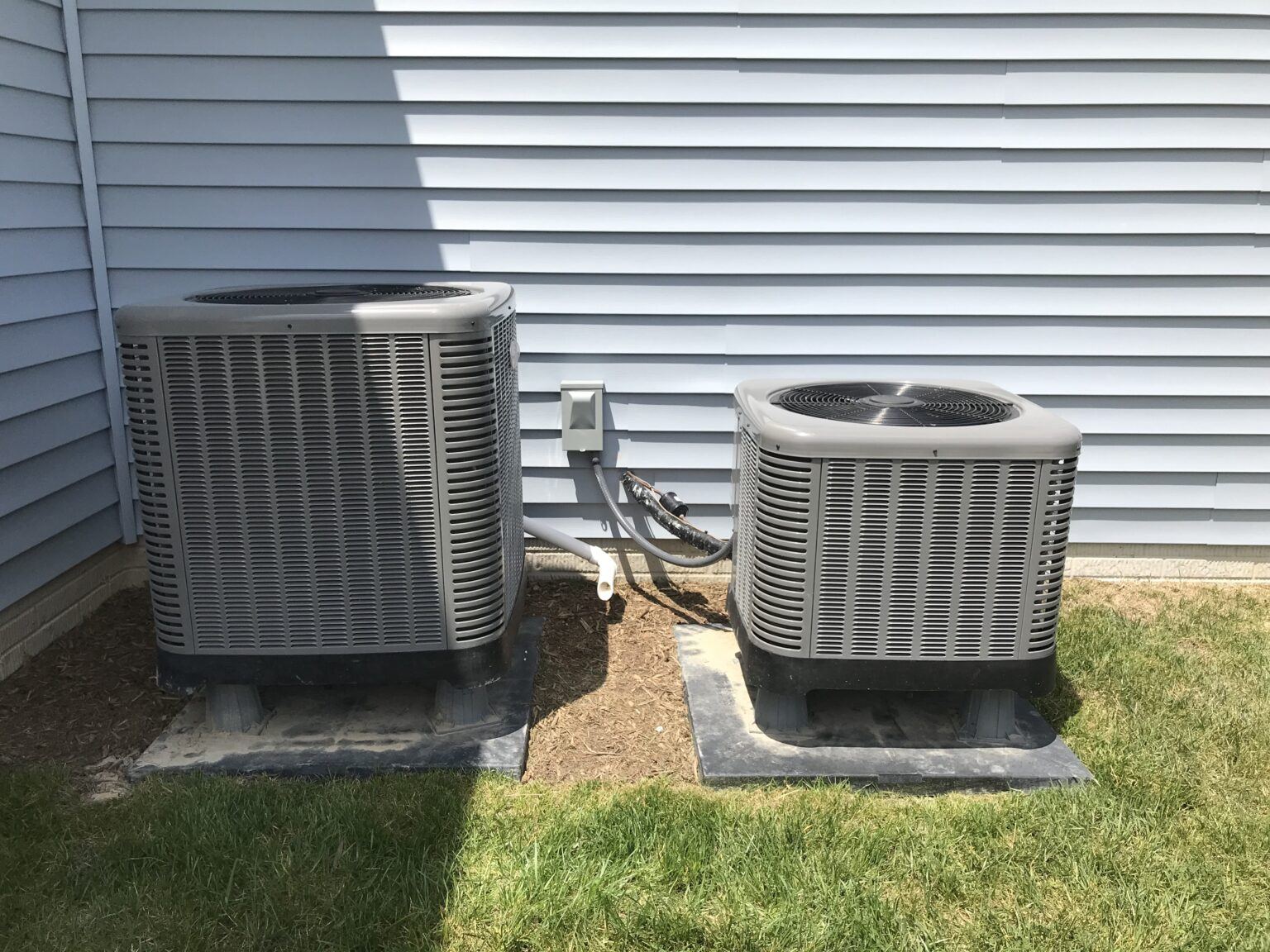
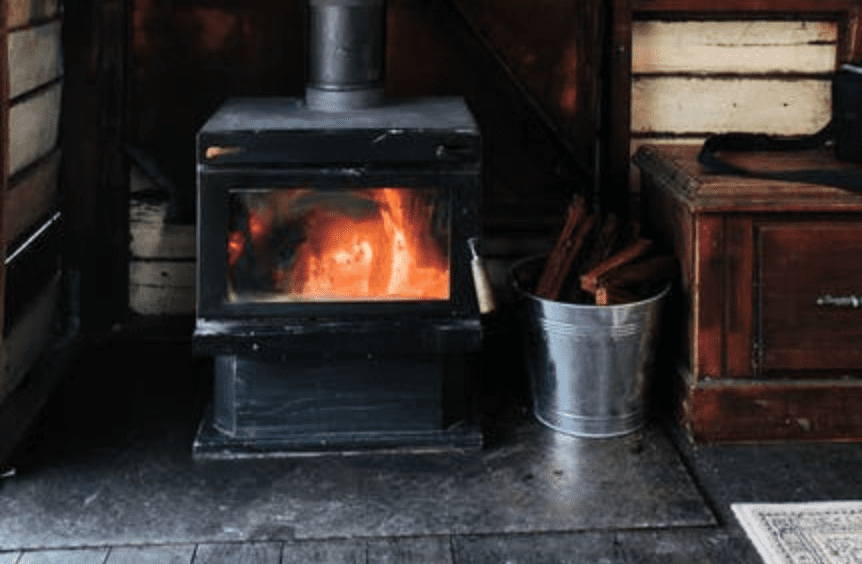
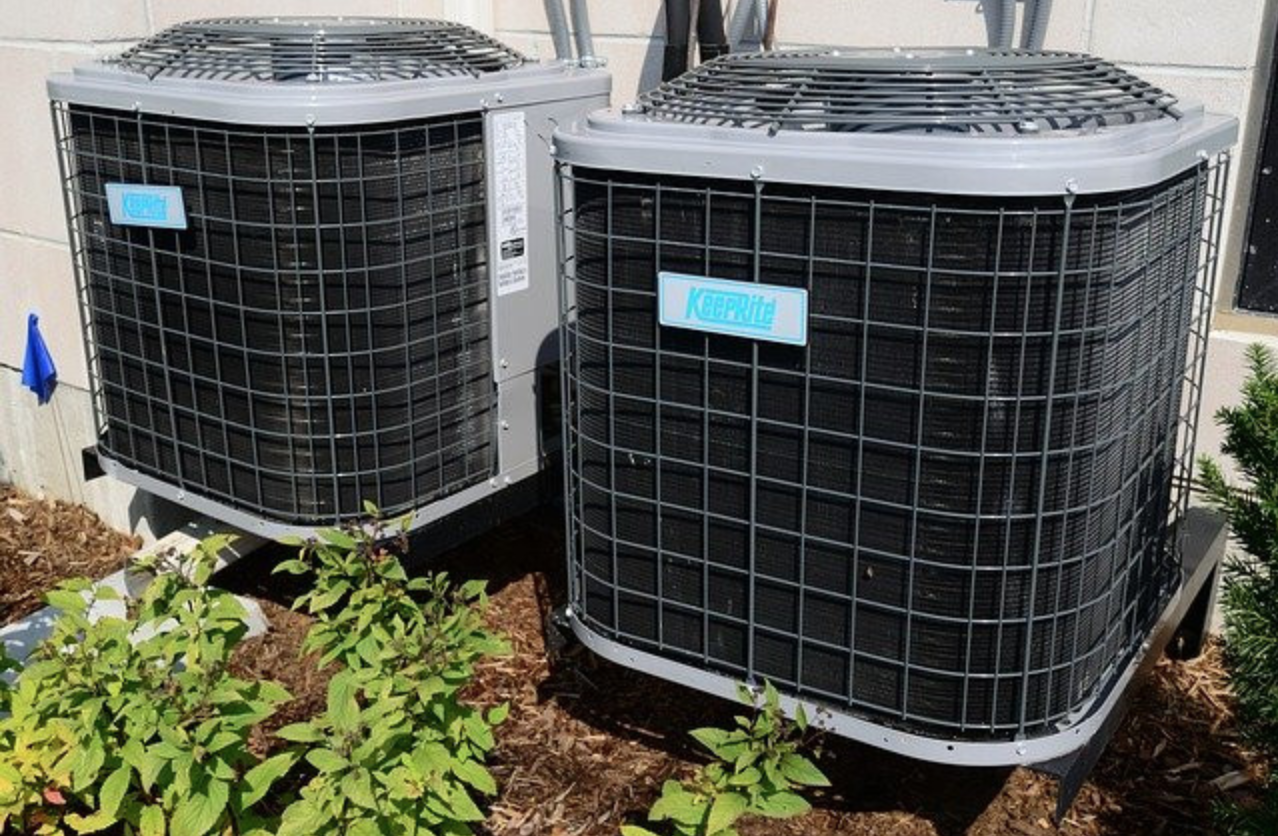
How about just covering the top to protect from falling debris or ice?
Thank you for your comment. I have read that it doesn’t hurt to cover the top if it’s not used in winter. The trick is that it should be covered with breathable material so that it doesn’t lock in moisture, which could damage some components. In our case, we have heat pumps for both heat and AC. So, we are not covering them at all. Maybe an expert can weigh in and comment below.